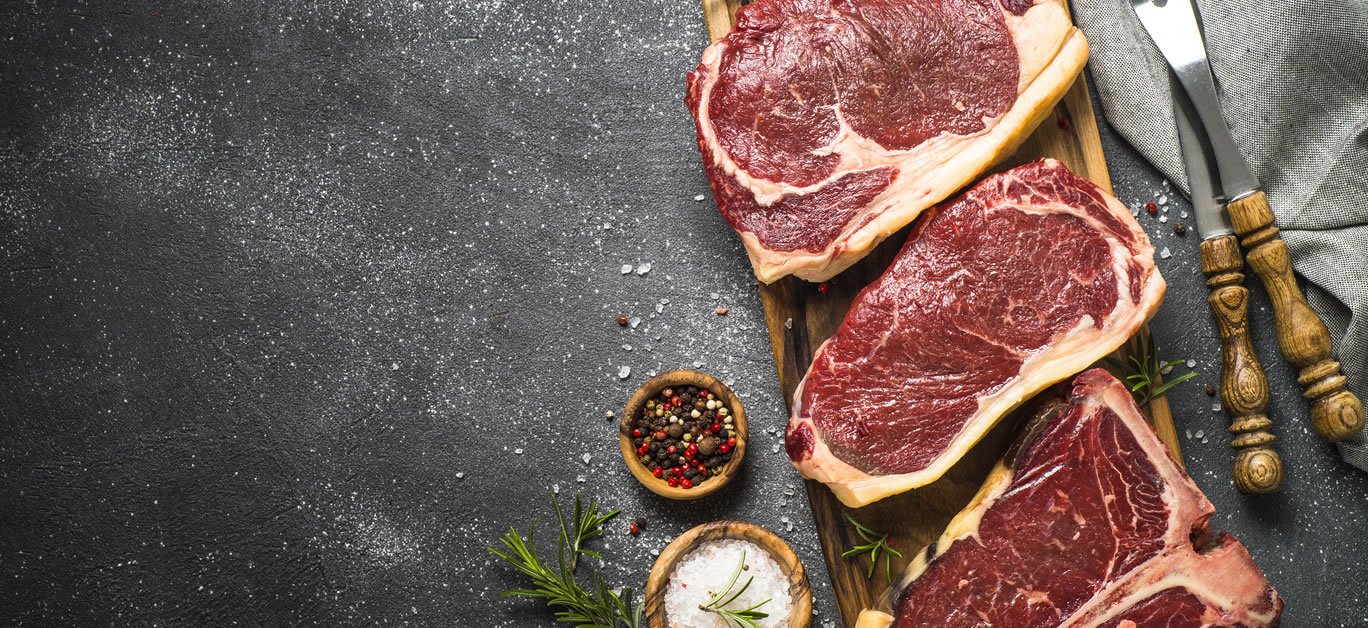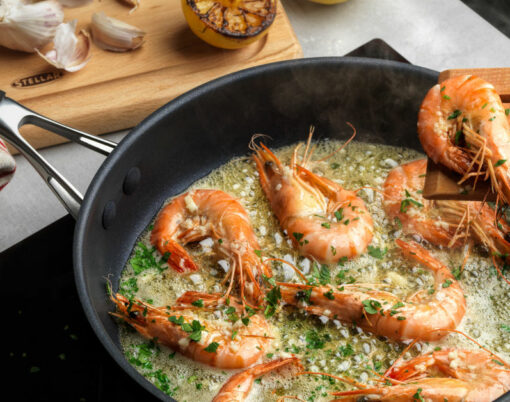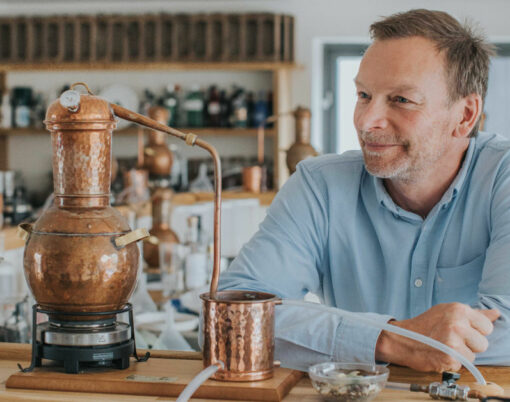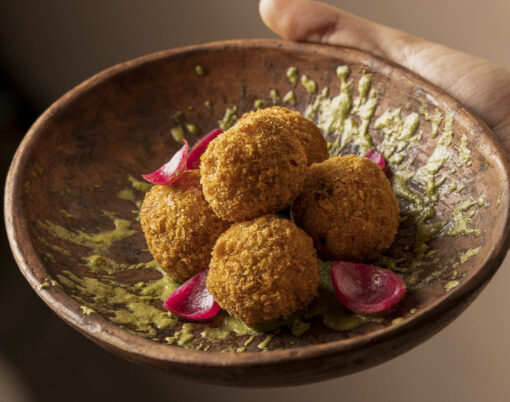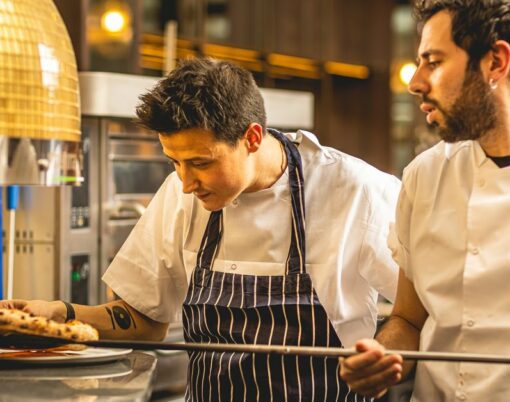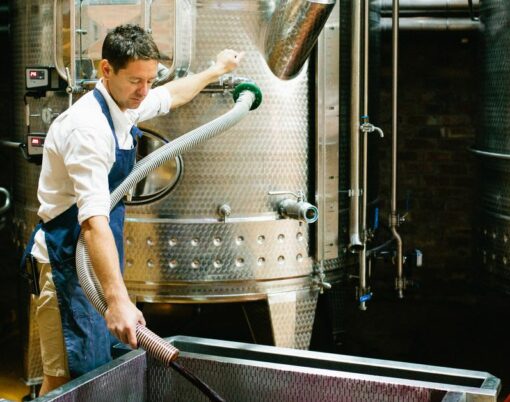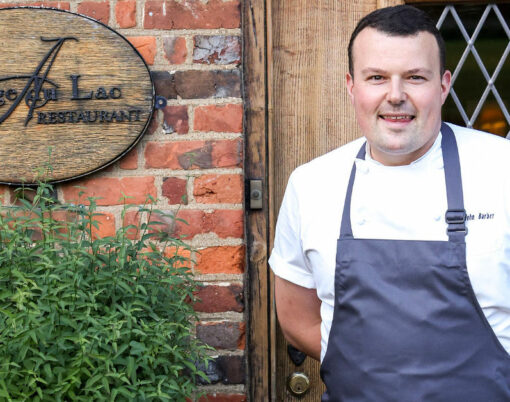This Veganuary, thousands of people will be pledging to avoid meat and dairy for a month, many of them motivated by concern for the climate and nature crises, as well as animal welfare. If you do want to give Veganuary a go, there are many plant-based heroes making organic food as it should be and helping to tackle the climate crisis. From soup superheroes, to Italian innovators, to pioneering pie makers, organic is making a world of difference.
But is going plant-based the only solution? Can you help to tackle climate change and protect nature without giving up bacon butties or bangers and mash? The answer is ‘yes’, because not all meat is created equal.
Organic farming is part of the solution to the climate and nature crises. There is a way to continue eating meat while also supporting the fight against the climate crisis. Or as we like to put it – to have your steak and eat it too.
The Soil Association, the UK’s biggest organic charity, has long advocated for less, but better meat, because some ways of producing meat are more beneficial to the climate and wildlife than others. So which meat should we be eating less of, and what does ‘better meat’ mean?
We asked the Soil Association for the key things to look out for to help you follow the “less, but better” mantra this January.
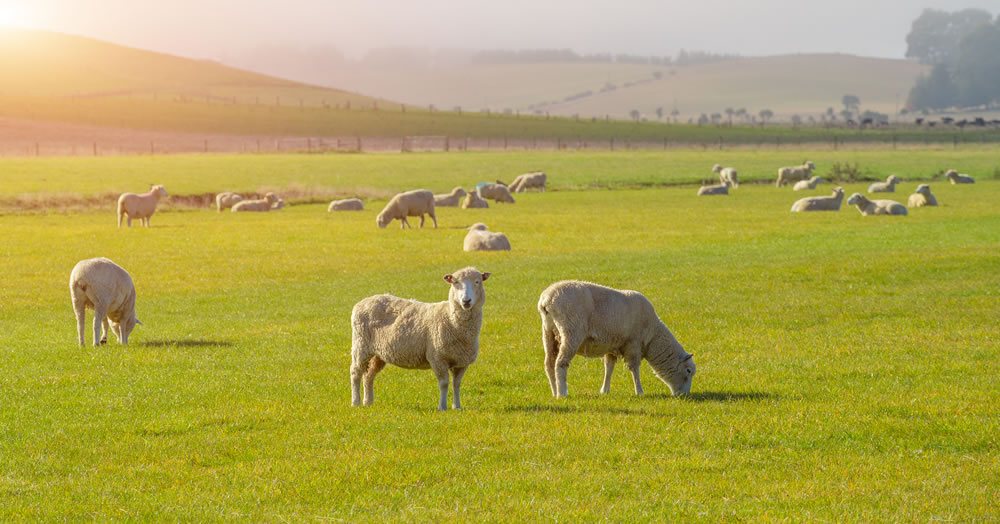
Say no to intensively reared chicken and pork
There’s no avoiding it, the way some meat is produced is bad for the planet and bad for animals. In the UK, intensively farmed pigs and poultry are often kept in cramped conditions. To give an example, intensively-reared birds – even those sold as “free range” – are commonly housed in groups of up to 30,000 in a single shed. In contrast, Soil Association organic chickens are kept in flocks of a maximum of 2000, with continuous daytime access to the outdoors. As well as this, farming intensively is contributing to deforestation, with devastating impacts on the climate and the wildlife that calls these forests home, because intensively farmed animals are fed on grain and imported soya that is often grown in areas that were once rainforest, or wildlife-rich habitats.
Look for grass-fed meat
In contrast to intensively reared animals kept inside for much of their lives, grazing livestock, particularly cows and sheep, can play a key role in conserving nature-rich grasslands, reducing reliance on chemical fertiliser and helping to return carbon to the soil. Livestock also play a significant role in supporting wildlife and building soil fertility, which provides the nutrients for growing crops.
Go for high animal welfare
Organic has the highest standards of animal welfare, where animals are outside for as much of the year as possible and can express their natural behaviours. Organic cows can graze naturally on a diet of grass and clover, with a diet free from artificial additives, chemicals and genetically modified ingredients. Dairy cows are not pushed to their milk producing limits in the same way other cows can be. Average yields in organic milk production are around 20% less than in intensive production. Other practices like trimming chickens’ beaks and tail docking of pigs are also banned by organic standards.
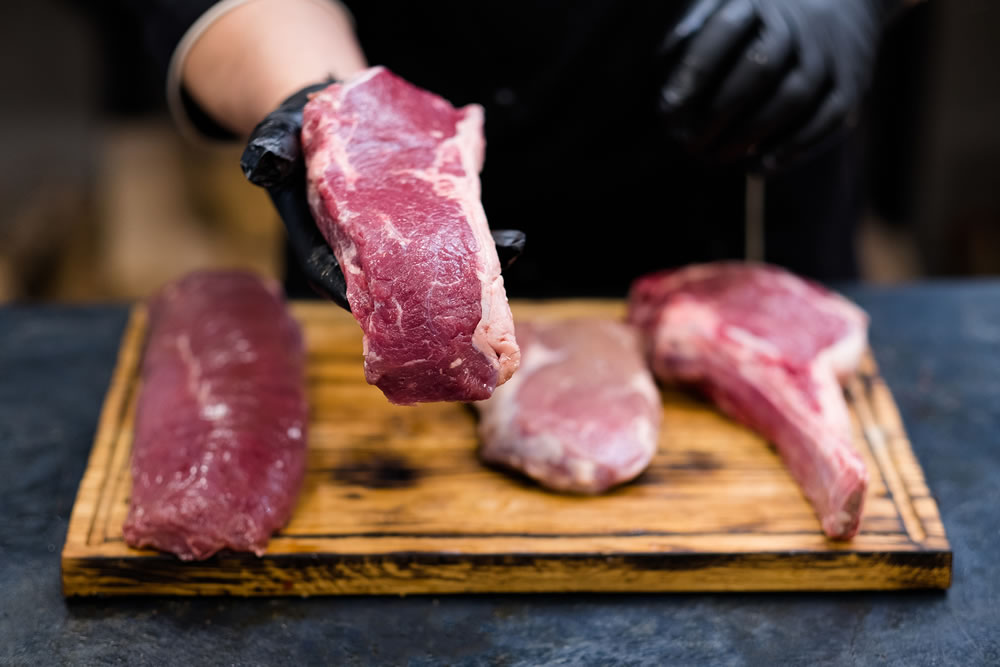
Tackle the antibiotics crisis
Around 40% of all the antibiotics used in the UK are on farm animals, the majority of which are kept in cramped conditions where disease can spread easily. The routine use of antibiotics is banned in organic farming. Overusing antibiotics leads to resistance growing, meaning they are less effective on humans. The World Health Organisation estimates that by 2050 as many as 10 million people a year will die from antibiotic resistance if we don’t act soon.
Trap carbon with your dinner
Grazing animals and organic farming practices help to trap carbon in the soil. Our soil holds three times more carbon than the atmosphere, but intensive farming often results in soil losing carbon, whereas organic and pasture-fed livestock systems help to store and sequester carbon. If all UK farmland was converted to organic farming, at least 1.3 million tonnes of carbon would be taken up by the soil each year, the equivalent of taking one million cars of the road. To make this type of farming possible, we all need to eat less meat overall so that what we do eat can come from climate-friendly farms with fewer and better kept animals.
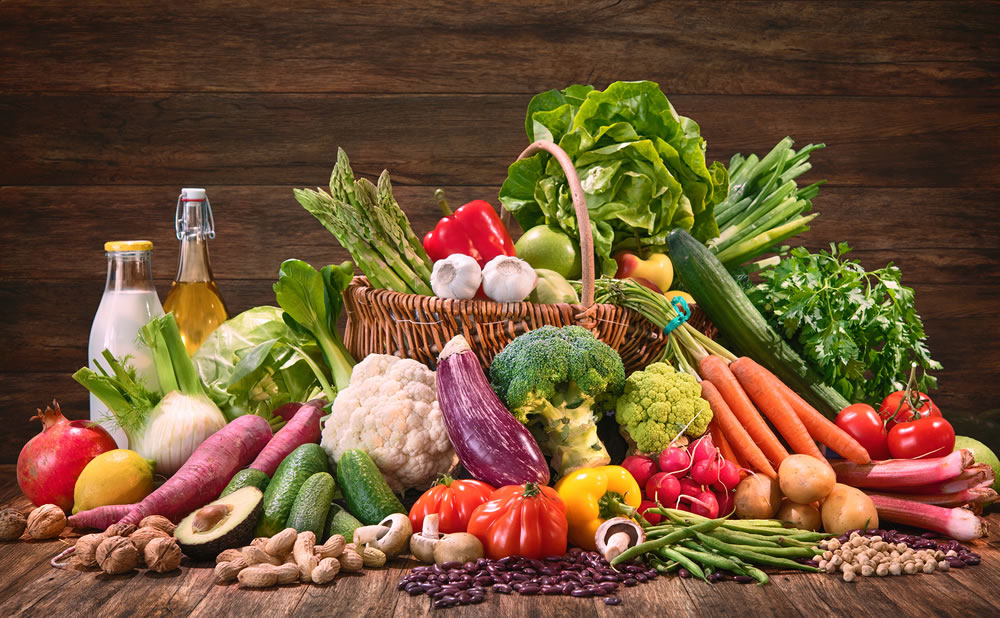
Choose food that’s nutritionally different
Both organic dairy and meat are nutritionally different to non-organic, containing around 50% more beneficial Omega-3 fatty acids than conventionally produced products. Organic meat also has slightly lower concentrations of two saturated fats linked to heart disease. The difference in Omega 3 is because organic animals eat a more natural grass-based diet containing high levels of clover. Clover is used in organic farming to fix nitrogen, which is vital for crops and grass to grow, instead of chemical fertilisers, and research has found that clover also increases the Omega 3 concentrations in meat and milk.
Steer clear of GMOs
In the UK alone, over one million tonnes of genetically modified crops are imported and used to feed animals that we then eat. Using GM is banned by organic standards and organic animals are not fed on GM grain or feed, which is common in free-range and non-organic. Despite being touted as the future of farming, GM crops have consistently been expensive failures that have failed to deliver on their promises.












